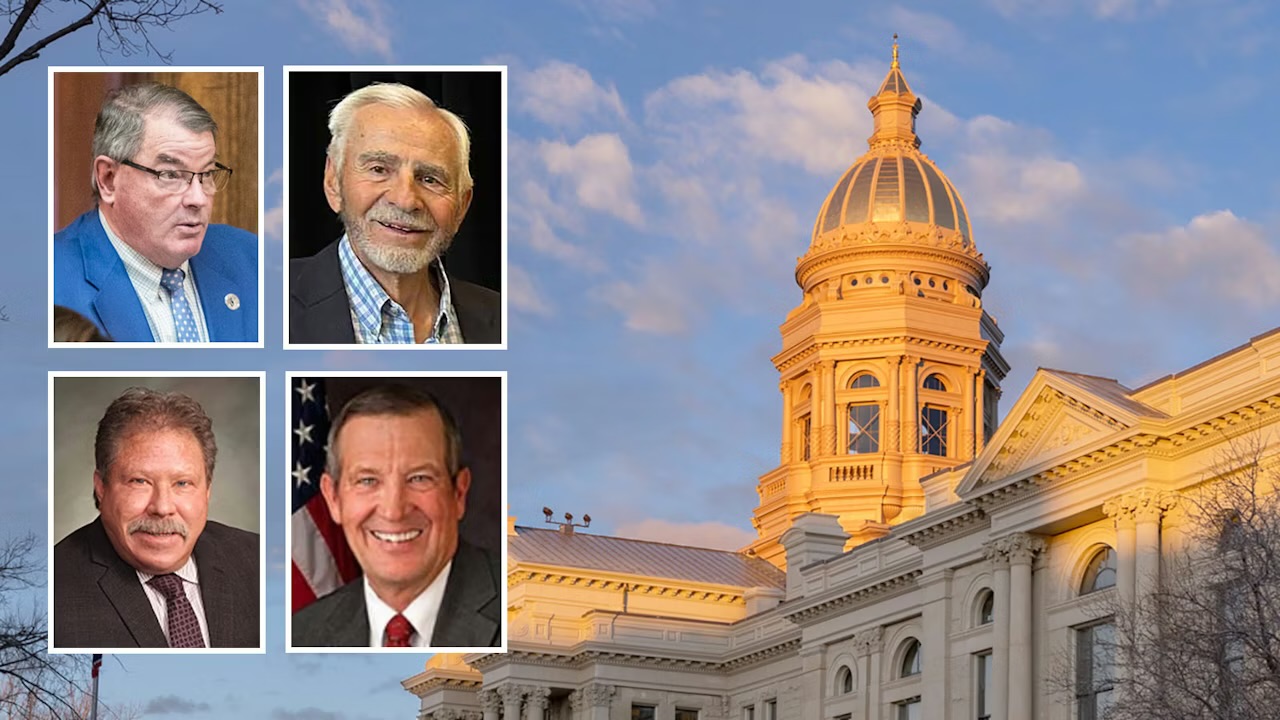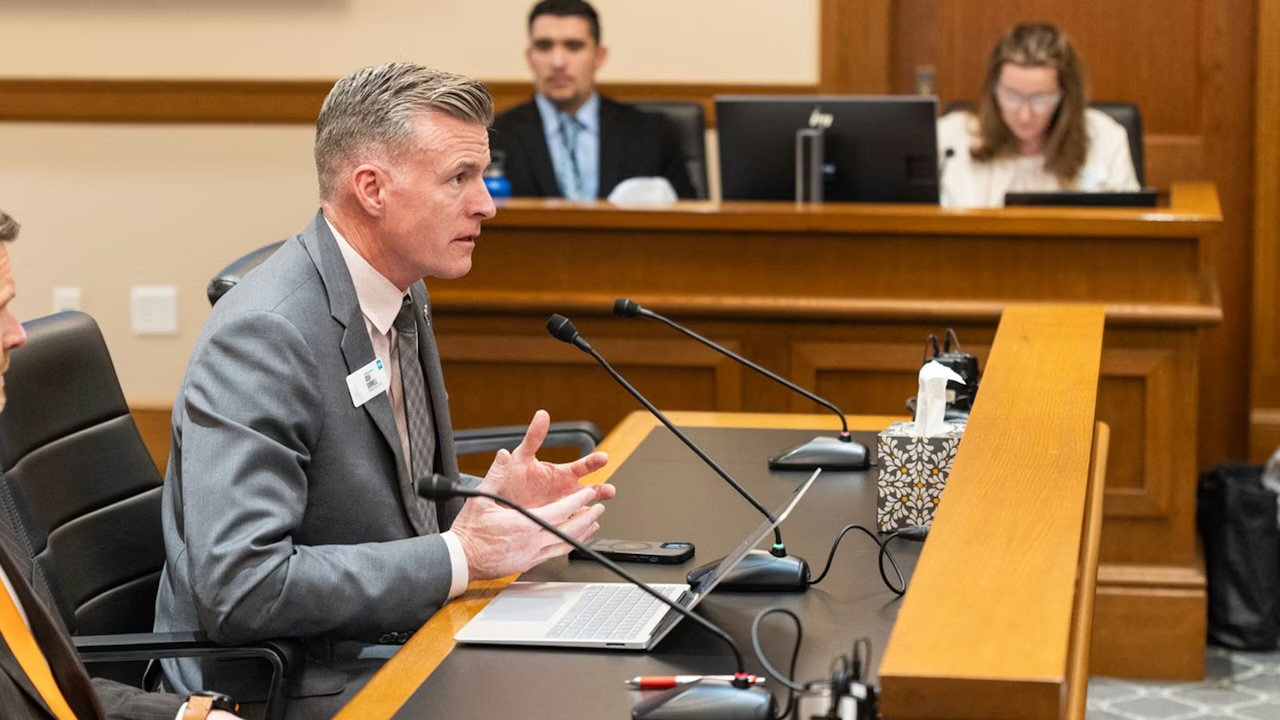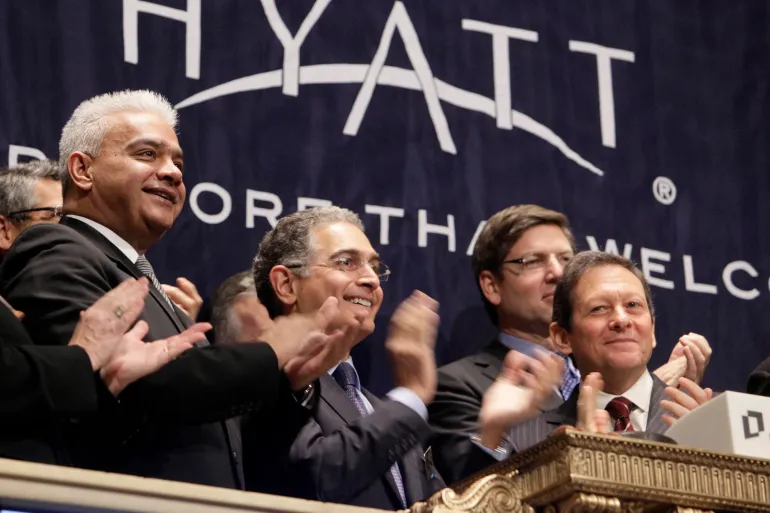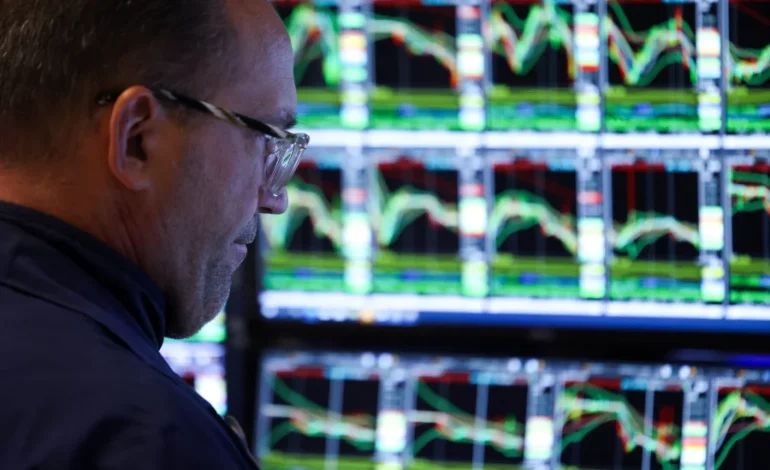For decades, the United States has been regarded as a cornerstone of global financial stability.
Its markets, dollar, and government bonds have long served as a safe haven during times of global uncertainty. However, recent economic developments — particularly a sweeping tariff regime introduced by President Donald Trump — are prompting an unusual level of volatility and raising questions about the long-term trust investors place in the US economy.
Following President Trump’s announcement of new tariffs on April 2, markets responded with sharp declines. While such immediate market reactions to major policy shifts are not uncommon, what followed has left analysts and investors deeply unsettled: US stocks, Treasury bonds, and the dollar all dropped in value — simultaneously.
This kind of broad-based sell-off is extremely rare for a country like the United States and more typical of emerging markets during times of crisis. The simultaneous fall in three key asset classes suggests that investors are either rapidly recalibrating their expectations or, more worryingly, losing faith in the US as a dependable financial safe haven.
A major factor in the US’s financial stability is foreign investment. Overseas buyers — including sovereign wealth funds, central banks, and institutional investors — own more than $8 trillion of US government debt. Their participation helps keep borrowing costs low and supports the dollar’s dominance as the world’s primary reserve currency.
But uncertainty, driven by policy shifts and political unpredictability, is dampening foreign enthusiasm. Analysts point to a growing sense of unease among global investors, particularly as Trump’s administration has signaled a more confrontational approach to trade and made a series of surprising geopolitical statements.
Although Treasury Secretary Scott Bessent has rejected claims that countries like China are selling US bonds in retaliation, the data is open to interpretation. What is clear, however, is that investor sentiment has cooled — and trust, once shaken, can be difficult to rebuild.
The term “sell America trade” — once obscure — has become common among financial analysts and investors. It refers to a strategy of reducing exposure to US markets, particularly in favor of traditionally stable alternatives like the Swiss franc, Japanese yen, or gold.
This trend is being noticed globally. In Australia, for instance, the weakening US dollar has caused a surge in the Australian dollar’s value. Australian businesses are now considering reducing reliance on US imports, while some industries are exploring ways to diversify supply chains away from the United States.
According to Peter Dragicevich, a currency strategist based in Sydney:
“It’s not a complete loss of confidence, but it has been shaken by the chopping and changing in terms of US policy.”
The inconsistency is what worries investors most — particularly when it comes to trade and monetary policy.
Should foreign investors continue to reduce their holdings of US debt, the economic consequences could be significant. Higher interest rates may be necessary to entice investors back, making borrowing more expensive for both the government and consumers. This, in turn, could place additional pressure on an already fragile economy.
Some analysts warn of a potential recession if market volatility persists. Others believe that the US still retains strong fundamentals and that the current turbulence could pass if clearer policy direction emerges.
Either way, the events of April 2025 have prompted a broader discussion about the reliability of the US as a global financial leader. As Marc Chandler, a chief market strategist, put it:
“It takes a long time to build trust and only a moment to lose it.”
With input from NPR, the Wall Street Journal, and the Guardian.










The latest news in your social feeds
Subscribe to our social media platforms to stay tuned